VACCA has advocated for the rights of Aboriginal children, families and communities in Victoria for over 47 years. We are one of Australia’s largest Aboriginal Community Controlled Organisations (ACCOs) and work across sectors including child and family welfare, family violence, justice and homelessness. Our experience and knowledge through service provision, research and advocacy, with and for Aboriginal people, supports us to operate in the best interests of our community, now and into the future.
It is essential that governments continue to support ACCOs to do this vital work. Closing the Gap has routinely failed to meet its targets, Aboriginal children continue to be removed from family and community at alarming rates, Aboriginal people continue to be disproportionately represented in the justice system, and family violence remains at epidemic levels.
This election presents an opportunity to refocus on practical steps to address the systemic inequity experienced by Aboriginal children and communities. VACCA calls on all parties and independents to support the following initiatives through policy commitments ensuring ACCOs can continue our vital work to support the Aboriginal community.
Housing: A housing future fund for Aboriginal people
The Housing Australia Future Fund Facility (HAFFF) funding model requires housing providers to assume significant debt. ACCOs do not have the ability to carry this level of debt. We propose solutions including:
- Homes Victoria (HV) being the lead developer to seek funding from the HAFFF, undertaking the development and then transferring housing to ACCOs
- Housing Australia and/or HV providing upfront capital contributions for Aboriginal housing projects rather than availability contributions, to reduce ACCOs’ capital contribution
- Aggregated Aboriginal housing bids, allowing ACCOs to develop projects at greater scale, share risks and jointly borrow funds for projects (supported by Governments, as and when appropriate).
Disability: Culturally safe NDIS services
Diagnosed and undiagnosed disability is a key issue for Aboriginal Victorians, especially impacting outcomes in education and the justice system. Mainstream service providers are not equipped to engage with Aboriginal people in a culturally appropriate manner. We propose:
- funding and resourcing supporting ACCOs to become NDIS providers, enabling the provision of culturally safe services
- the funding of Aboriginal Disability Support Coordinators, specialised in the NDIS and disability sector in each region to assist and support clients, carers and staff with culturally appropriate disability supports, providing individualised advocacy.
Mental Health: Holistic services for Aboriginal people
Mental health services are in high demand, particularly Aboriginal specific services that provide culturally safe and culturally responsive treatment. Additionally, there is a significant shortage of Aboriginal staff, whose mental health and wellbeing must also be supported. We propose:
- funding for ACCOs to provide holistic mental health services incorporating Aboriginal approaches to healing and social and emotional wellbeing
- workforce development strategies to train and employ more Aboriginal mental health workers, clinicians and psychologists in ACCOs and ACCHOs
- designing mental health services that include multidisciplinary teams of therapeutic practitioners with specialised knowledge of trauma, healing and culture.
Early Childhood Education: Improve access and engagement for Aboriginal children
Early Childhood Education (ECE) enrolment rates need to focus on improving access and attendance for Aboriginal children and families and include cultural activities and events to support engagement. We propose:
- the establishment of new Aboriginal-led ECE services through ACCOs that provide long day care and kindergarten, with additional funding to support families to access services
- workforce development strategies to support staffing
- the development of a model that reflects community needs and incorporates relevant educational standards, with culture and self-determination embedded.
Culture – Build workforce capability in the child and family sector
It is essential that organisations in the child and family sector have the capability to work with Aboriginal clients to deliver culturally safe, culturally responsive and trauma-informed services and to ensure best outcomes. We propose:
- funding to support the extension of the specialised training program ‘Waterways’ to lift the cultural competency of service providers and their workforce.
Join us in our call to the federal government to make these committments and support Aboriginal communties to thrive.


.png)